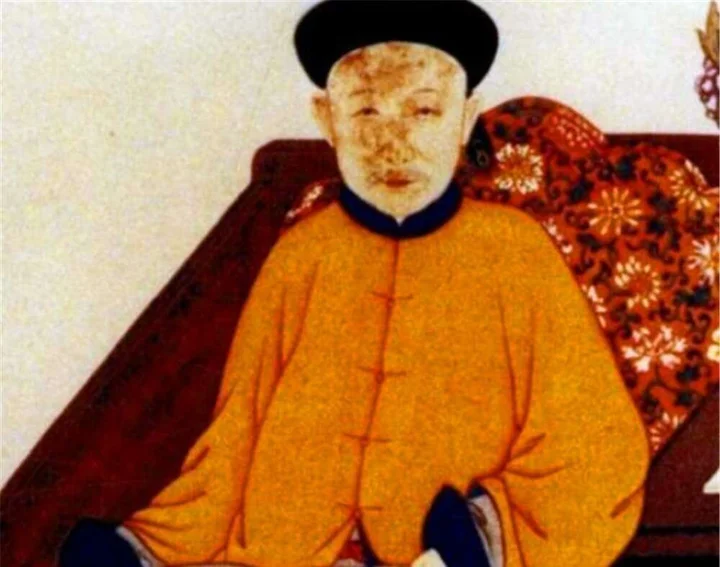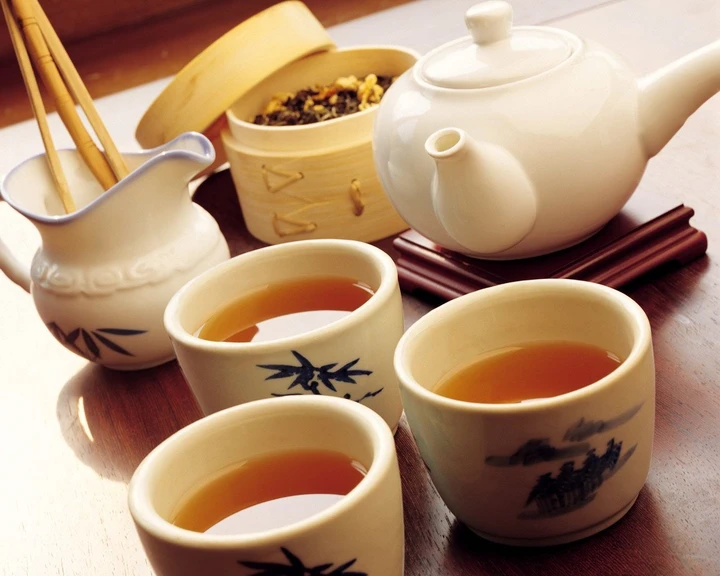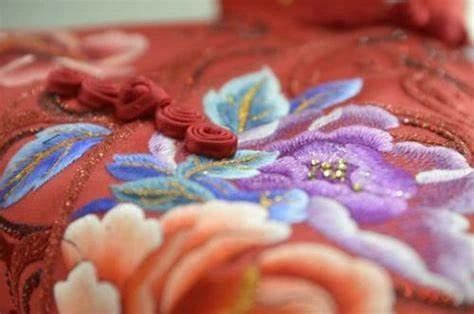Ten traitors in Chinese history
In all dynasties, there were loyal ministers and treacherous ministers, some wise monarchs pro-virtuous ministers, and some faint monarchs pro-villains. The rise and fall of dynasties is inseparable from the influence of courtiers in addition to the actions of the rulers.

1. Qing Fu
During the Spring and Autumn Period, he was an aristocrat of the State of Lu and the younger brother of Lu Zhuang Gong. He was accustomed to sow discord and killed two monarchs before hanging himself. The idiom "If Father Qing does not die, the disaster of Lu State will not end" comes from this.
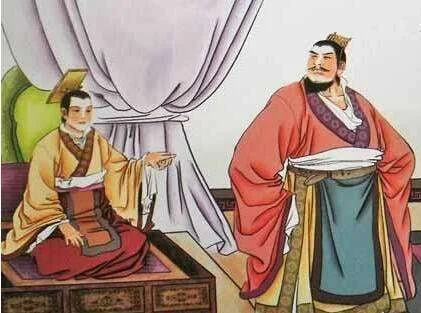
2. Zhao Gao
Zhao Gao was an eunuch of the Qin Dynasty, originally a noble of the Zhao state. He and Li Si forced Qin Shihuang's eldest son, Fusu, to commit suicide, and the sixth son, Hu Hai, became the second emperor. Soon after, he killed Li Si and made himself prime minister. Later, he murdered Hu Hai, made Ziying emperor, and was killed by Ziying.
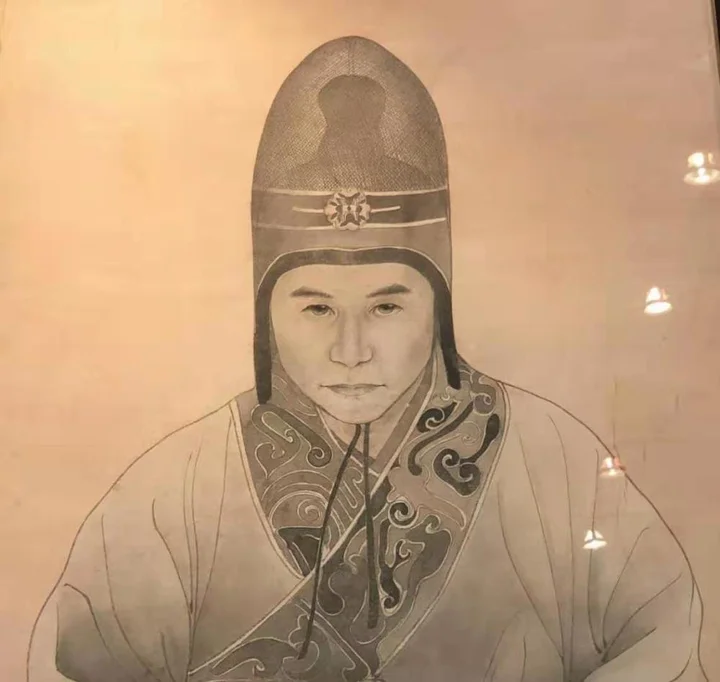
3. Liang Ji
A minister of the Eastern Han Dynasty, his two younger sisters were the empresses of Emperor Shun and Emperor Heng respectively. After Emperor Shun's death, he conspired with the Empress Dowager Liang, and successively established three emperors, namely Chong, Zhi and Heng, and ruled for 20 years. The property he plundered was equivalent to half an annual rent in the country. In 159, Emperor Heng executed the Liang family, and Liang Ji committed suicide.
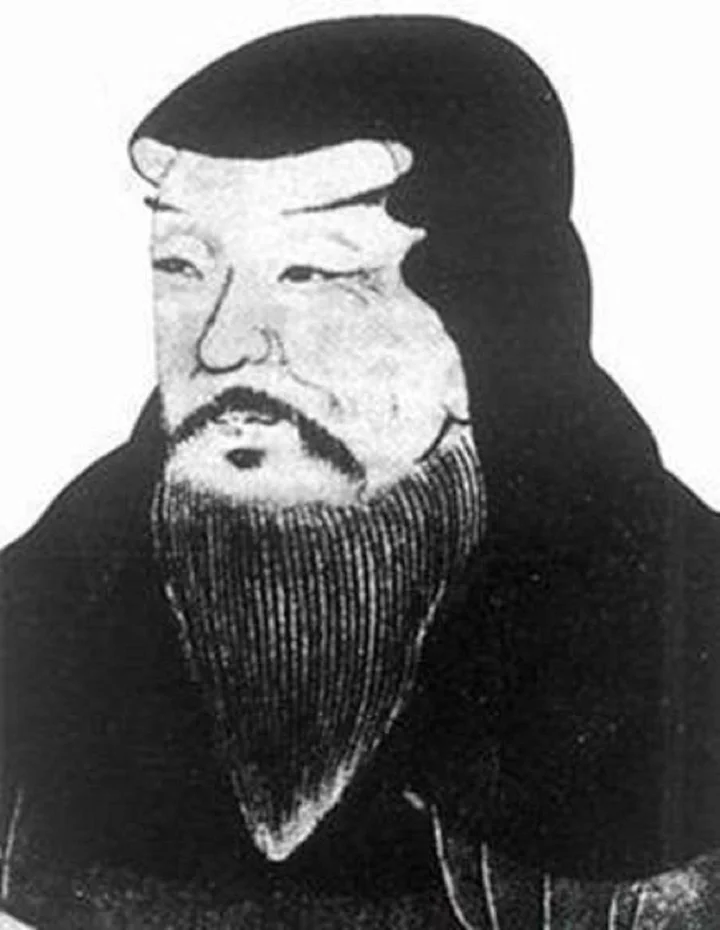
4. Dong Zhuo
Dong Zhuo was a tyrant in Qiongzhou at the beginning, and he was the state shepherd during the reign of Emperor Ling of Han, and he was extremely brutal. In 189 AD, he led his troops into Luoyang, poisoned Emperor Shao, established Emperor Xian, and established himself as a Taishi, "relying on the emperor to make princes", and was later killed by Wang Yun and Lu Bu.
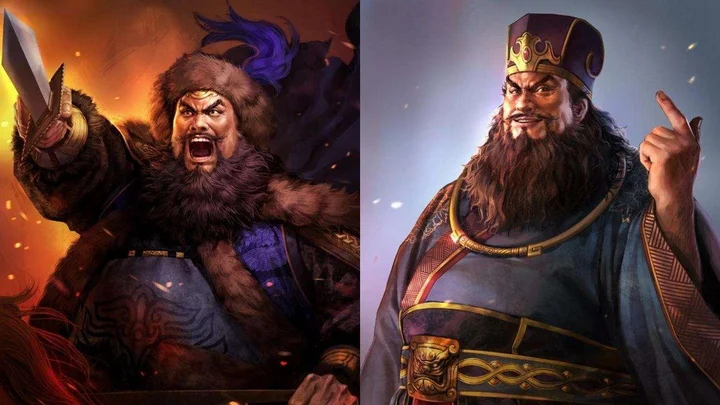
5. Lai Junchen
Lai Junchen was a cruel official during Wu Zetian's time in the Tang Dynasty. He was favored for informing and was appointed as the prime minister. Later, he was executed by Wu Zetian for offending the kings of the Wu clan and Princess Taiping. The idiom "Please enter the urn" is about his relationship with the right Cheng Zhou Xing.
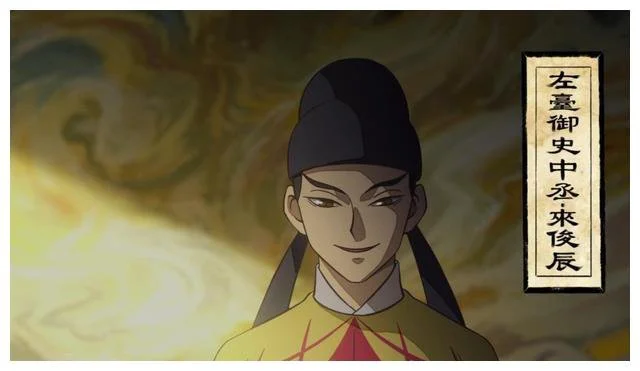
6. Li Linfu
Li Linfu was a powerful minister in the Tang Dynasty, and Xuanzong was the Minister of Rites and the Commander of the Central Book at that time. He is known as "the mouth has honey, and the belly has a sword". During his 19 years in office, Tang Wang's political affairs were corrupted and finally led to the "An Shi Rebellion".
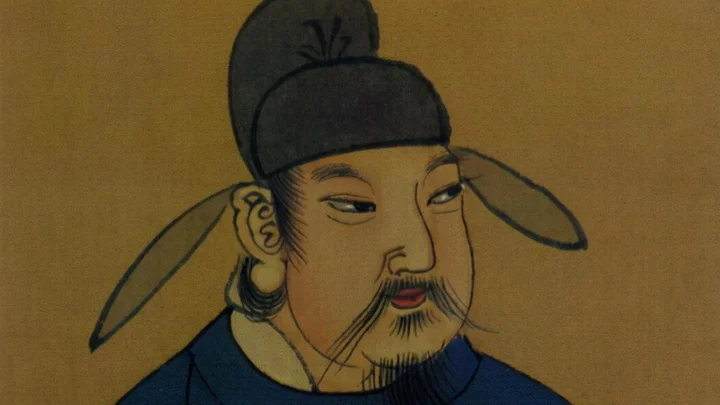
7. Qin Hui
Qin Hui was the imperial censor in the Northern Song Dynasty. In the second year of Jingkang, he was plundered to the north by the Jin army, and was soon sent back to serve as a traitor. He colluded with his party members, tyrannized the power, advocated surrender, killed Yue Fei and his son Yue Yun and other famous anti-gold generals on the charge of "unnecessary" waiting to be offended, and was spurned by future generations.
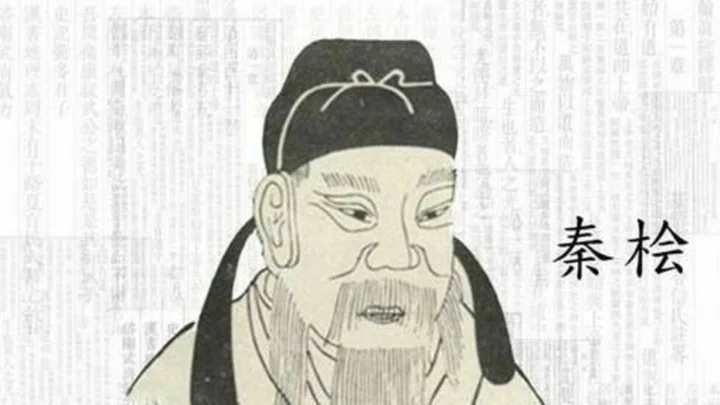
8. Yan Song
Minister of the Ming Dynasty, he served as the Minister of Officials in Jiajing, and the official to the Prince Taishi. He used his son Shifan and others as minions and manipulated state affairs. When he was in office, most of the army's salaries were embezzled by him. In 1562, the censors Zhou Yinglong and Lin Run successively impeached Shifan, Yan Shifan was killed, and found more than 10,000 taels of gold and 200 taels of silver. Yan Song was dismissed and died of illness soon after.
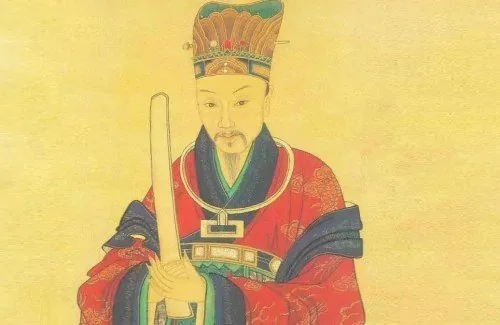
9. Wei Zhongxian
The eunuch of the Ming Dynasty entered the palace in Wanli year. In 1620, he was appointed eunuch Sili Bingbi and supervised the East Factory. He recruited his sworn followers and killed upright officials such as Donglin party members Yang Lian and Zuo Guangdou.
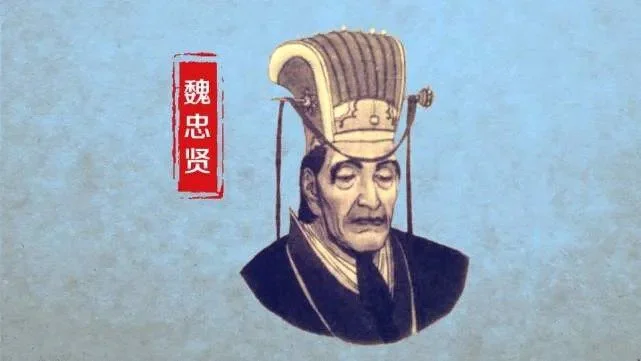
10. He Shen
He Shen was on a mission in Luanyiwei of the Qing court. He was favored by Qianlong because of his flattery and official to Wenhuadian University Scholar. After Qianlong's death, Emperor Jiaqing declared him 20 counts and ordered him to commit suicide. The house was raided, and the property was worth about 800 million taels of gold, which was equal to the income of the imperial court for 10 years.
